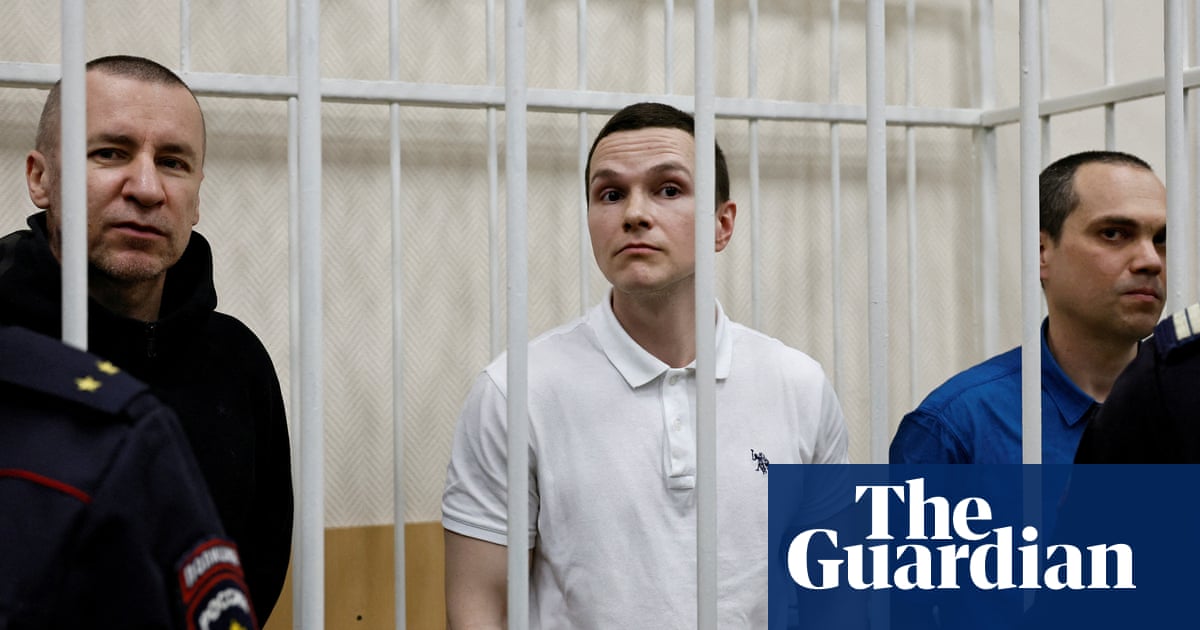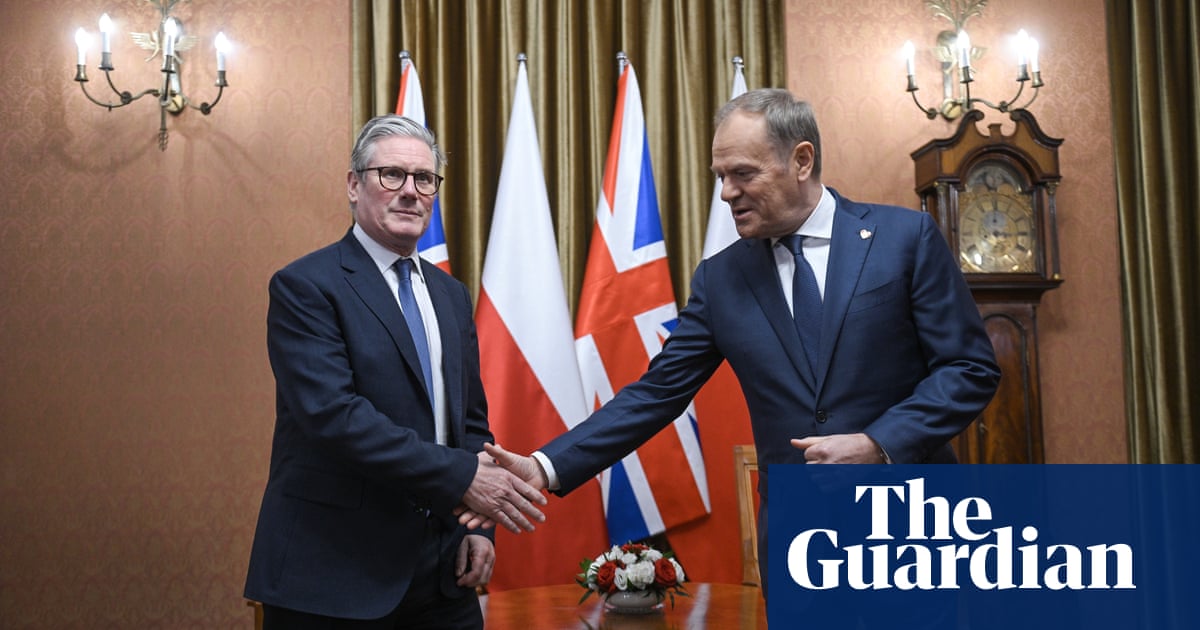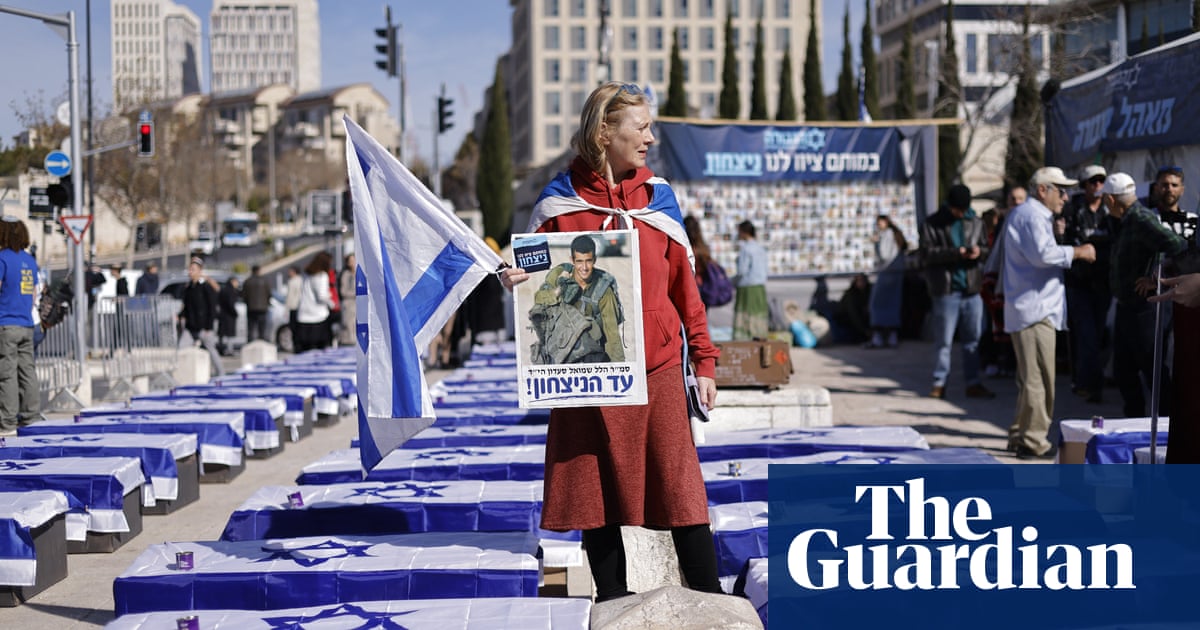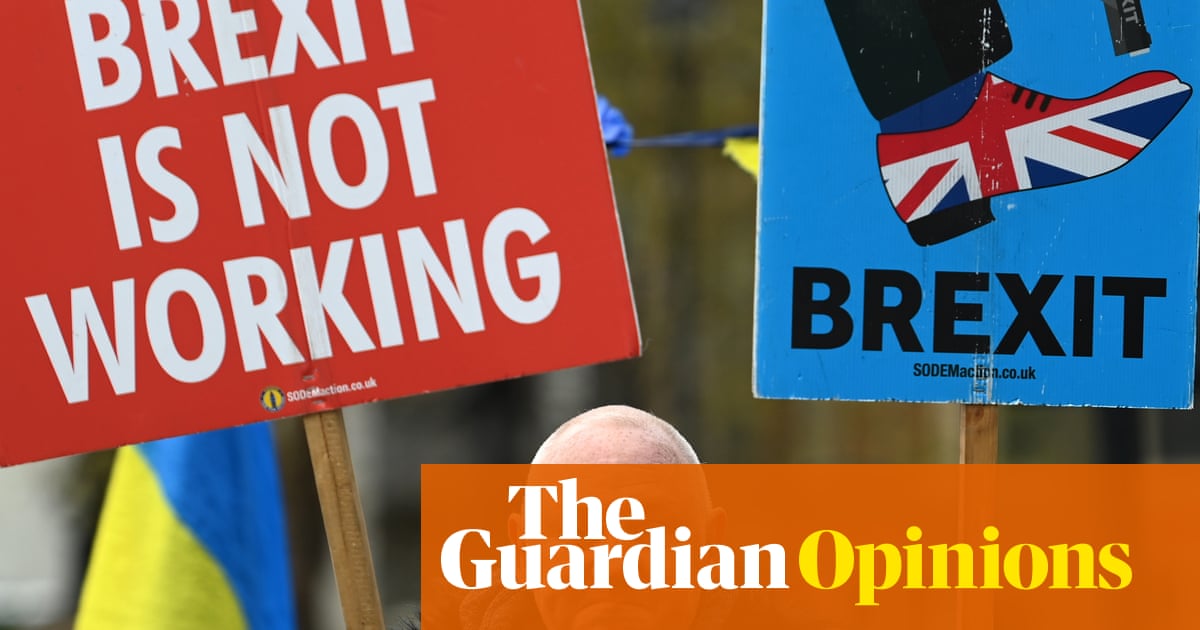Key events Show key events only Please turn on JavaScript to use this feature
Meanwhile extreme weather events continue to batter different regions of the world. Carmela Fonbuena has written for the Guardian about the repeated typhoons which have been hitting the Philippines, one after another.
Usagi is the fifth major storm to hit the Philippines in just three weeks, with a sixth forecast for this weekend. At least 160 people have been killed and nine million displaced, while the unusual frequency has left people already struggling with the aftermath of previous heavy rains and flooding little time to prepare for the next strike.
Fonbuena spoke to residents whose homes had been partially or completely destroyed.
Typhoon Yinxing tore off a quarter of Diana Moraleda’s tiled roof in Tuguegaro City in northern Philippines last week. The gaping hole was still there when Typhoon Toraji brought rains over the weekend and when Typhoon Usagi made landfall late on Thursday.
“It’s difficult because many houses were devastated by [Yinxing]. The carpenters themselves are still fixing their own homes. It’s hard to find workers,” Moraleda said.

She spoke to other residents too.
Raffy Magno and his family lost nearly everything they owned when flood waters reached the second storey of their home in Bicol’s Naga City. Miraculously, their refrigerator sprang back to life once dried, but everything else, including appliances, furniture, clothing, and important documents, was destroyed.
“It was the shock of our lives. While we are so used to typhoons, even to floods, we never really expected the extent of the damage,” Magno said.
Even the Philippines’ president, Ferdinand Marcos, has admitted feeling overwhelmed by the challenges of extreme weather. A clip has gone viral of the president saying “I’m feeling a little helpless here” after finding out that government relief could not cross flooded highways.

Mitzi Jonelle Tan, a Filipino climate justice activist, says climate change is undeniable.
“If you still do not think that climate change exists, look to your neighbours; look to your countries. It’s happening across the world,” she said.
Friday at Cop29

Ajit Niranjan
Today is “peace, relief and recovery” day at Cop29 in Baku, a fitting theme for a year in which horrific violence has hit millions in countries such as Ukraine, Gaza, Sudan and the DRC.
Researchers suggest that climate change has fuelled some major conflicts in recent history, though they are quick to stress it is just one factor among many. Increasingly scarce water supplies are among the risks for future wars – a finding that may be of particular concern to host country Azerbaijan, which depends on upstream sources outside of its borders for most of its water. (For a small note of hope: as economies switch from fossil fuels to renewable sources of energy, conflicts over energy resources may well decline.)
Many world leaders took note of the aggression rocking the world in their speeches on Tuesday and Wednesday. Leaders from across the geopolitical divide, such as Belarus and the EU, spoke about violent imperialism and the need for peace. Several leaders criticised Israel’s bombing of Gaza and the muted international response.

“How can we work together for our shared future when some are deemed unworthy of life?” asked the crown prince of Jordan, Al Hussein bin Abdullah II. He was one of the few to draw an explicit link between war and climate, explaining how conflict compounds the environmental threats that people face. It’s a problem felt particularly acutely in Jordan, where refugees make up an estimated one-third of the population.
Azerbaijan has framed the whole summit as a “peace” Cop, eager to paint the country in a positive light after the blood shed in Nagorno-Karabakh last year. Whether the spin will encourage great cooperation in Baku on climate is yet to be seen.
Negotiations are otherwise inching forward, and a flurry of reports came out yesterday that may shape the deals done behind closed doors. It kicked off with the powerful finding that poor countries need $1 trillion a year in climate finance by 2030 – five years earlier than rich countries are likely to agree to, as my colleague Fiona Harveyexplained. Taxing crypto and petroleum-based plastics could be one of many creative sources of finance with serious backers, another report noted.
Yalchin Rafiyev, Cop29’s lead negotiator, described the text on the pivotal climate finance goal as “a workable basis for discussion for the first time in the three years of the technical process.” Others seem more sceptical.
Good morning! This is Bibi van der Zee, and we’ll be live blogging the events of the day at Cop29.
It’s day five, and things are beginning to get a little testy, after some extremely highly esteemed Cop watchers declared that the system is no longer ‘fit for purpose’.
My colleague Fiona Harvey has written about their criticisms:
Future UN climate summits should be held only in countries that can show clear support for climate action and have stricter rules on fossil fuel lobbying, according to a group of influential climate policy experts.
The group includes former UN secretary-general Ban Ki-moon, the former president of Ireland Mary Robinson, the former UN climate chief Christiana Figueres and the prominent climate scientist Johan Rockström.
They have written to the UN demanding the current complex process of annual “conferences of the parties” under the UN framework convention on climate change – the Paris agreement’s parent treaty – be streamlined, and meetings held more frequently, with more of a voice given to developing countries.
“It is now clear that the Cop is no longer fit for purpose. We need a shift from negotiation to implementation,” they wrote.

.png) 2 months ago
14
2 months ago
14













































